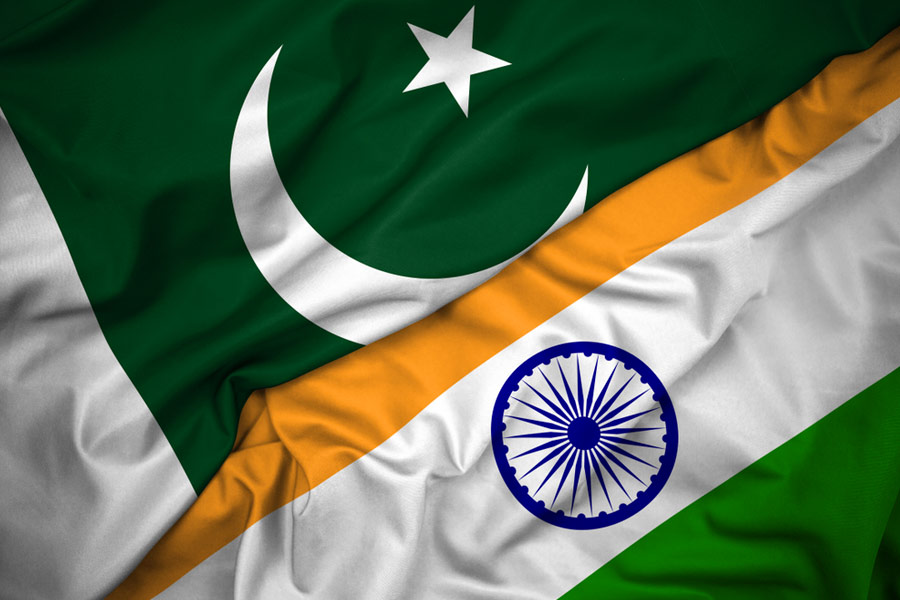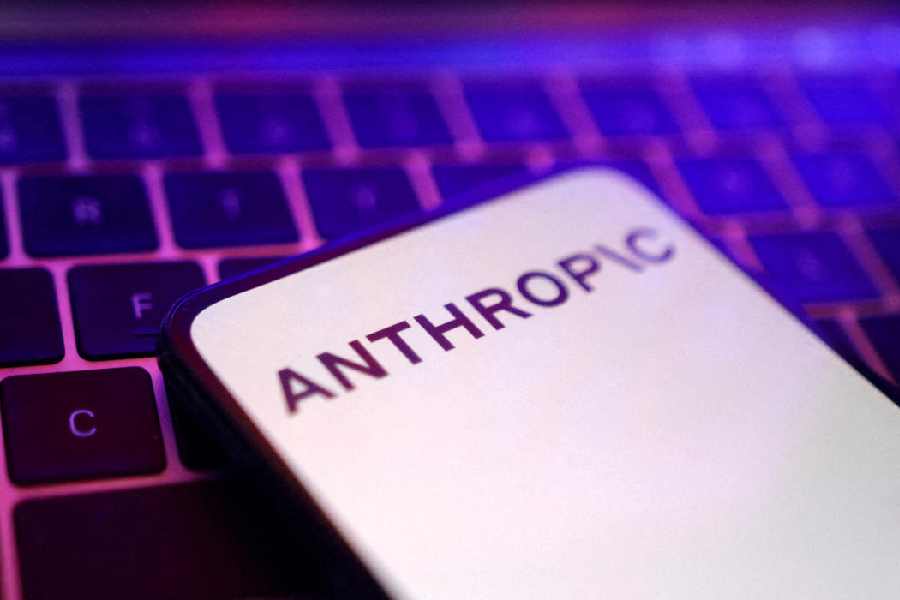This, unfortunately, seems to be an era of war. The world hurtles on despite being singed by the flames that have engulfed Ukraine as a result of Russian aggression; Gaza is being decimated by a military onslaught by Israel; India and Pakistan, nuclear powers both, may have stepped back from the brink of a full-fledged military conflict but numerous wars, big and small, in Sudan, Myanmar, Democratic Republic of Congo and so on, continue to rage. Significantly, the public endorsement for this kind of aggression remains robust. It is doubtful whether Russia and Israel would have succeeded in persisting with their incursions into Ukraine and Gaza, respectively, had these military interventions not enjoyed public support. In India, war-mongering, rogue elements were not only critical of those who advocated restraint considering the follies of war but also went as far as to viciously troll the foreign secretary after he announced that a ceasefire had been arrived at.
In the Indian context, the persistent public enthusiasm for a military response to a threat — be it a terrorist strike or something else — is often attributed to the rise of Narendra Modi’s muscular, Hindutva regime that seeks to conflate terror with Islam and is not averse to pursuing the path of aggressive retaliation after suffering attacks from militants. But war-mongering, psychologists argue, is not a simple matter of a besieged people responding to the bait of aggression. It is, in fact, the result of the intersection of complex historical and psychological forces at play. For instance, there is a growing line of thought that says that the sustained, historical animosity between India and Pakistan serves as a powerful inducement for citizens to be amenable towards conflict. Pahalgam, the trigger for India’s recent military escalation, also exemplified the efficacy of the psychological theory of ‘excitation transfer’, which means that residual emotional arousal in response to a tragedy — the butchering of tourists by terrorists in Pahalgam in this case — led to the demand for an intense retribution. Most interesting, though, is the proposition of what psychologists call ‘Groupthink’ to explain the collective response favouring war. The deluge of shrill rhetoric and misinformation amplified through social media platforms along with the complex, evolving mechanisms that social collectives employ to process information may have led to public sentiment coalescing in favour of war.
As the jubilation surrounding India’s befitting response subsides, there is perhaps a case for the people of India and Pakistan to reflect on their enthusiasm for the drums and the trumpets of war. This is because research suggests that one of the pitfalls of a broader consensus for conflict is poor decision-making as well as the suppression — indeed demonisation — of rational, dissenting points of view. An examination of mass conflict will reveal that each episode of war in human history has witnessed the emaciation of reasoning within adversarial people. Whether India and Pakistan can endure another such eclipse of collective reasoning could well decide the future trajectories of these two republics.










